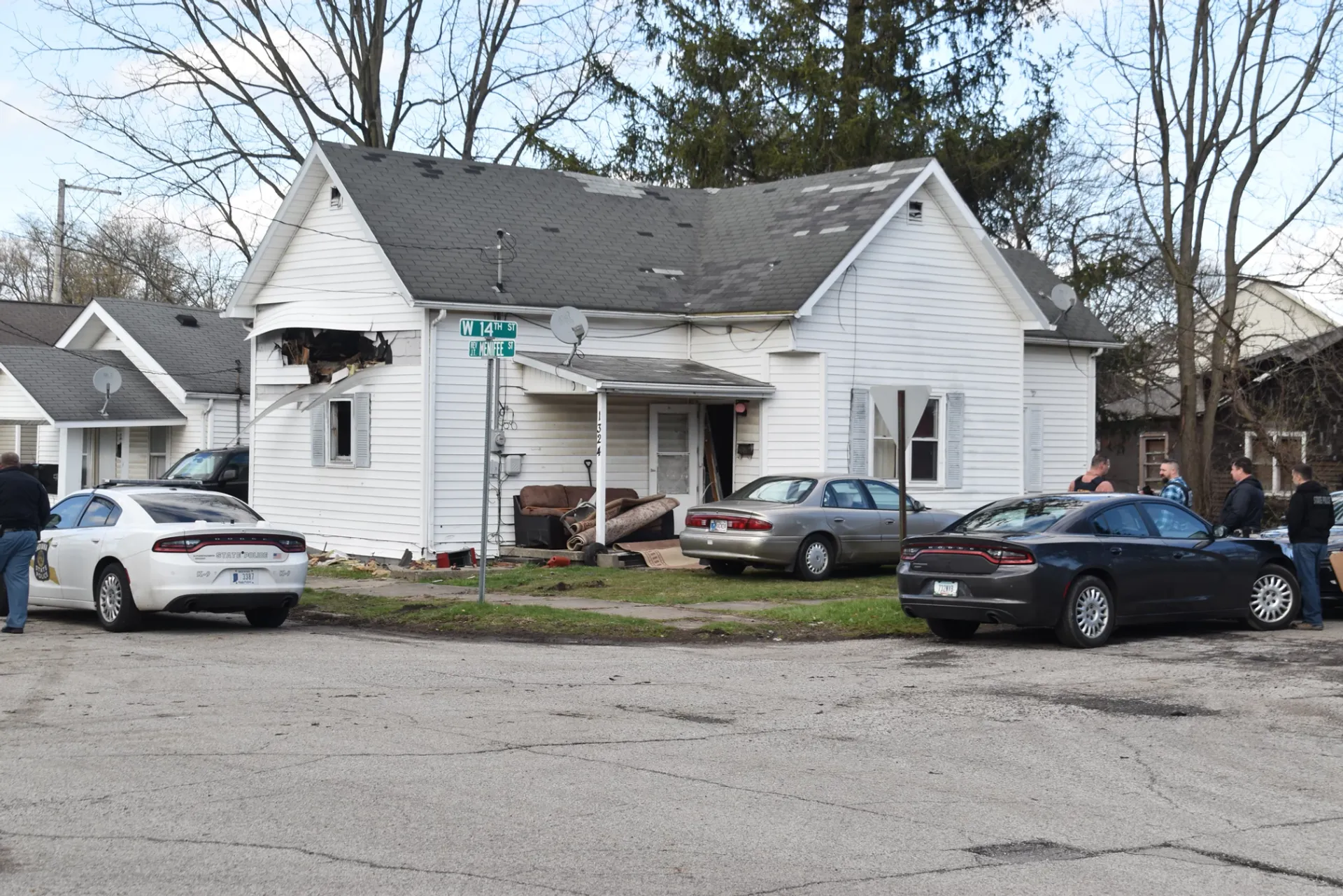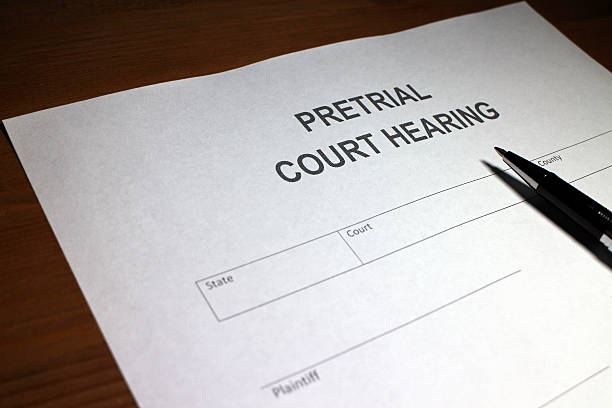Who Pays the Bill for Property Damage by Law Enforcement?
Attorney Mark Nicholson Explains to FOX59 and CBS News

Watch the TV News Interview!
INDIANAPOLIS, Ind. —FOX59 and CBS TV news journalist Courtney Crown, interviewed attorney Mark Nicholson.
Video from Madison County Community News Network shows the Indiana State Police SWAT Team tearing through an Anderson home, looking for a suspected fugitive. They said they used the BEARCAT (Ballistic Engineered Armored Response Counter Attack Truck) after attempting to get 47-year-old Barry Willis to come out of the house for four hours Wednesday.
After the person got out safely and was cooperating with police, ISP said Willis had barricaded himself in the house.
So, a perimeter was set up and the SWAT Team came in. ISP said negotiators and SWAT tried to make contact with Willis over a PA system, then used the BEARCAT to send gas into the residence.
They said all tools they used did not bring Willis out until teargas was deployed into the home. Then, Willis surrendered but not before a huge hole was torn in the side of the house.
Indiana Criminal Defense and Personal Injury Attorney
Mark Nicholson, an Indiana criminal defense and personal injury attorney, said if law enforcement damages your property, the first thing to do is bring any evidence to an attorney.
“Document everything and then contact a lawyer who has experience in this area to help guide you through the process because there is a short deadline,” Nicholson said.
TORT CLAIM
According to the state’s notice of tort claim, a claimant has 270 days from the damage to file the correct paperwork.
“If you wait too long and you’re past the statute of limitations, it’s going to be less likely that an attorney will want to get involved in a case,” Nicholson said. “Or, if you don’t have any documentation, it’s going to be less likely that the attorney’s going to get involved.”
Nicholson said the entity that ends up getting the bill for the damage depends on whether law enforcement was justified in their actions.
“One scenario is if the police are justified in their intrusion and their damage and their arrest, then it could be on the homeowner to take care of the damage,” Nicholson said. “Then it is the police, which is the government, taxpayers, that would pay for the damage.”
Nicholson said law enforcement actions can fall under qualified immunity.
Qualified Immunity
“It’s sometimes hard getting around this barrier of holding the police and the government accountable when they have this qualified immunity that kind of prevents them from being personally sued and things of that nature,” Nicholson said. “Anytime the police are accused of any kind of misconduct or harming someone either personally or physically, violating their constitutional rights, they do kind of have this cloak of immunity.”
Nicholson said he would also caution against “making the situation worse” by “getting in the police officer’s face.”
“Even though you may be right, that doesn’t mean you’ve got to get in the police officer’s face and tell them that what they’re doing is wrong and things like that because what I’ve seen happen, is the police will say, ‘whoa, this is disorderly conduct, or you’re resisting arrest,’ and you’ve just kind of made your situation worse. Sometimes it’s best if you can sit back and document the best you can and then get with an attorney.”

Source: FOX59 and CBS: For the full story by journalist Courtney Crown read her article on FOX59.
CIVIL RIGHTS AND TORT CLAIM ATTORNEY
If you believe the police have violated your civil rights or damaged your property, contact an experienced lawyer at the Law Office of Mark Nicholson. Call 317-219-3402 today.



















